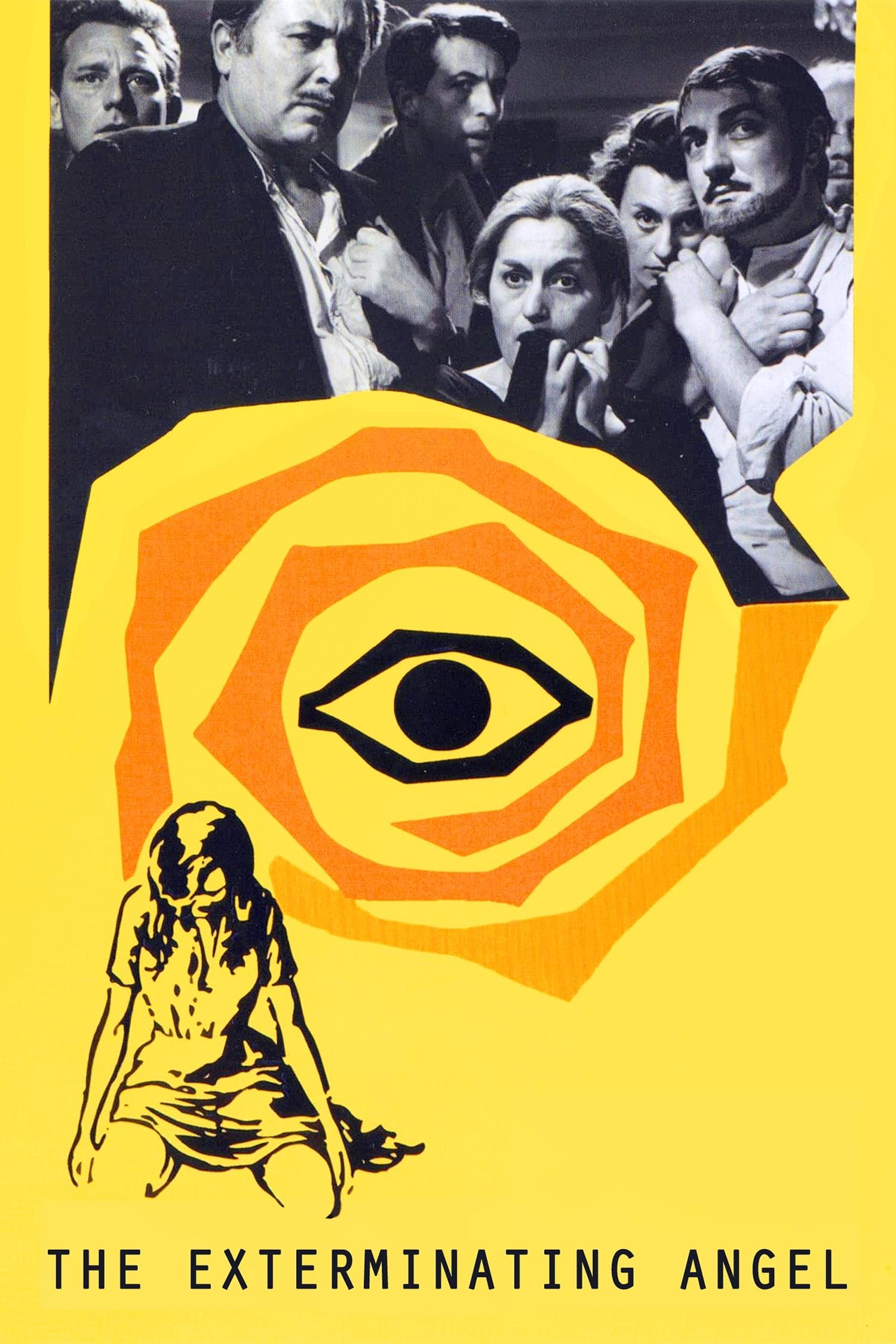
The Exterminating Angel
1962
Rate this movie
Average: 5.00 / 5
(1 votes)
Director
A claustrophobic rather than surreal work this one by Buñuel, a theatrical weave that unfolds as if on a stage, with all the Aristotelian tenets of the three unities: of place, of time, and of action. The apparent adherence to these rigid conventions is not a mere formal deference, but rather a device to accentuate the agony and psychological disintegration. The rigorous spatial prison of the salon, immutable and suffocating, amplifies the inexplicable paralysis afflicting the characters, transforming the scene into an authentic moral laboratory. Buñuel, with his customary almost surgical clarity, does not indulge in dream flights or free associations typical of pure Dalí-esque surrealism; here the surreal is distilled into the absurdity of a tangible, however irrational, situation, transforming a mundane dinner into an inexplicable trap that serves as a mirror for the bourgeois soul.
By reflection, one can certainly also read the harsh and ferocious satire against the usual bourgeois middle class, bloated and idiotic, which emerges massacred by this grotesque affair. His sharp pen cuts deeply into the polished surface of social conventions, revealing the moral decay lurking beneath the veil of respectability. It is not only their dullness that is ridiculed, but their intrinsic emptiness, their inability to face the unforeseen except through the reproduction of empty patterns and the escalation of barbarism. The Mexican elite portrayed here – an image Buñuel knew well, having lived long in the country – becomes a universal symbol of an affluent class that, deprived of its certainties and comforting ritual, regresses to a primordial state, revealing the illusory nature of its civilization. It is a descent into the inferno of the human psyche, where hunger, thirst, and fear annihilate every semblance of decorum.
A group of wealthy Mexican dignitaries finds itself in a house for a party; soon they will realize that an arcane force prevents them from leaving the ballroom. This "arcane force," never explained or personified, is the true engine of the work, the quintessential Buñuelian MacGuffin, which defies all logic to push the protagonists to their breaking point. The absence of a clear motivation is not a narrative flaw, but a programmatic statement: the absurdity of the situation is the point, not the means. It is a situation that evokes the claustrophobic dynamics of a Jean-Paul Sartre from "No Exit" – where hell is other people, especially when forced cohabitation tears away every mask – but with an unsettling fantastic vein that transcends pure existentialist psychology. The tension does not stem from an external plot, but from the slow, inexorable erosion of personal façades, as isolation forces them to confront their true nature and that of their peers.
Suddenly, when everything seems to be collapsing, they will magically find themselves in a Church: their atavistic fears will find grounding in a mystical hand-to-hand combat with the Unknowable. This transition, seemingly salvific, proves to be yet another deception, a passage from physical to spiritual imprisonment. The Church, ultimate symbol of redemption and transcendence, in turn becomes another cage, a proscenium for religious hypocrisy and the emptiness of circumstantial faith. The "mystical hand-to-hand combat" is not an authentic epiphany, but a grotesque parody of ritual, a desperate yet futile search for a savior who does not arrive, or who perhaps does not exist at all in a world devoid of meaning. The final sequence, with the cyclical repetition of isolation, suggests an eternal condemnation, an impossibility of escaping their own intrinsic moral and spiritual misery.
A bizarre plot for a work with strong Ionesco-esque flavors, fascinating to death in its nonsense, in its meticulous characterization of pathetic figures, in its many seeds of narrative innovation. The echo of the Theatre of the Absurd, from Ionesco to Beckett, powerfully resonates in every dialogue devoid of meaning, in every infinitely repeated action, in every vain wait for a solution that will not come. The "nonsense" is not random, but an architectural construct aimed at dismantling certainties, at revealing the arbitrariness of social rules and the futility of language when reality disintegrates. The narrative innovation is not limited to the disavowal of causality, but extends to an almost circular structure, a temporal and existential loop that reflects the impossibility of escaping one's destiny. Buñuel transforms the staging into an allegory of the human condition, where the repetition of ritual merges with the repetition of catastrophe, in an endless spiral of absurdity and despair.
As usual, Buñuel is a Master at making his puppets dance within the cramped semantic proscenium he reserves for them: they struggle, shake, discuss, quarrel, pontificate. He observes them with an almost clinical detachment, enjoying seeing them strip away their social masks, regress to primary impulses, as the veneer of civilization crumbles. Their struggling is pathetic yet tragic, their discussions become increasingly incoherent and futile, their "pontificating" reveals itself as the last, desperate attempt at self-affirmation in a world that has stopped listening to them. Their captivity is not only physical, but mental and spiritual, confined within the limits of their own mediocrity and selfishness, which blinds them to any possibility of solidarity or collective redemption.
But they are as if crystallized in a reality that doesn't concern them, that no longer cares for them, automatons emptied of all human dignity. They are figures trapped in a purgatory of their own creation, forced to confront the horror of their emptiness. They are not only deprived of freedom, but of their very essence, reduced to mere biological and psychological functions, exposed in their raw, unsettling vulnerability. The film thus stands as a searing metaphor for alienation and social decomposition, an unsettling warning about what happens when the foundations of civil coexistence crumble and humanity confronts the nothingness it has itself generated.
Country
Gallery
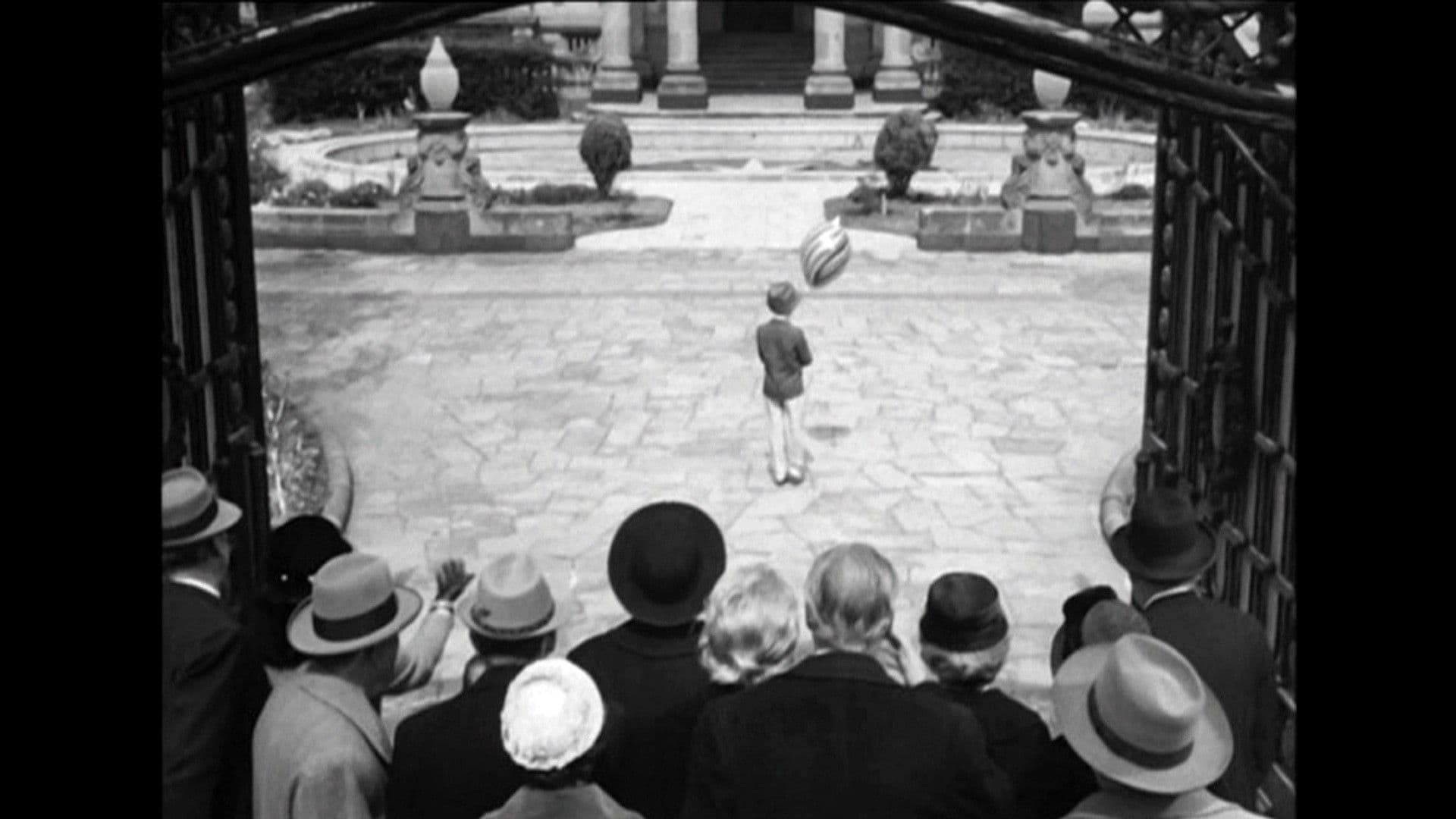
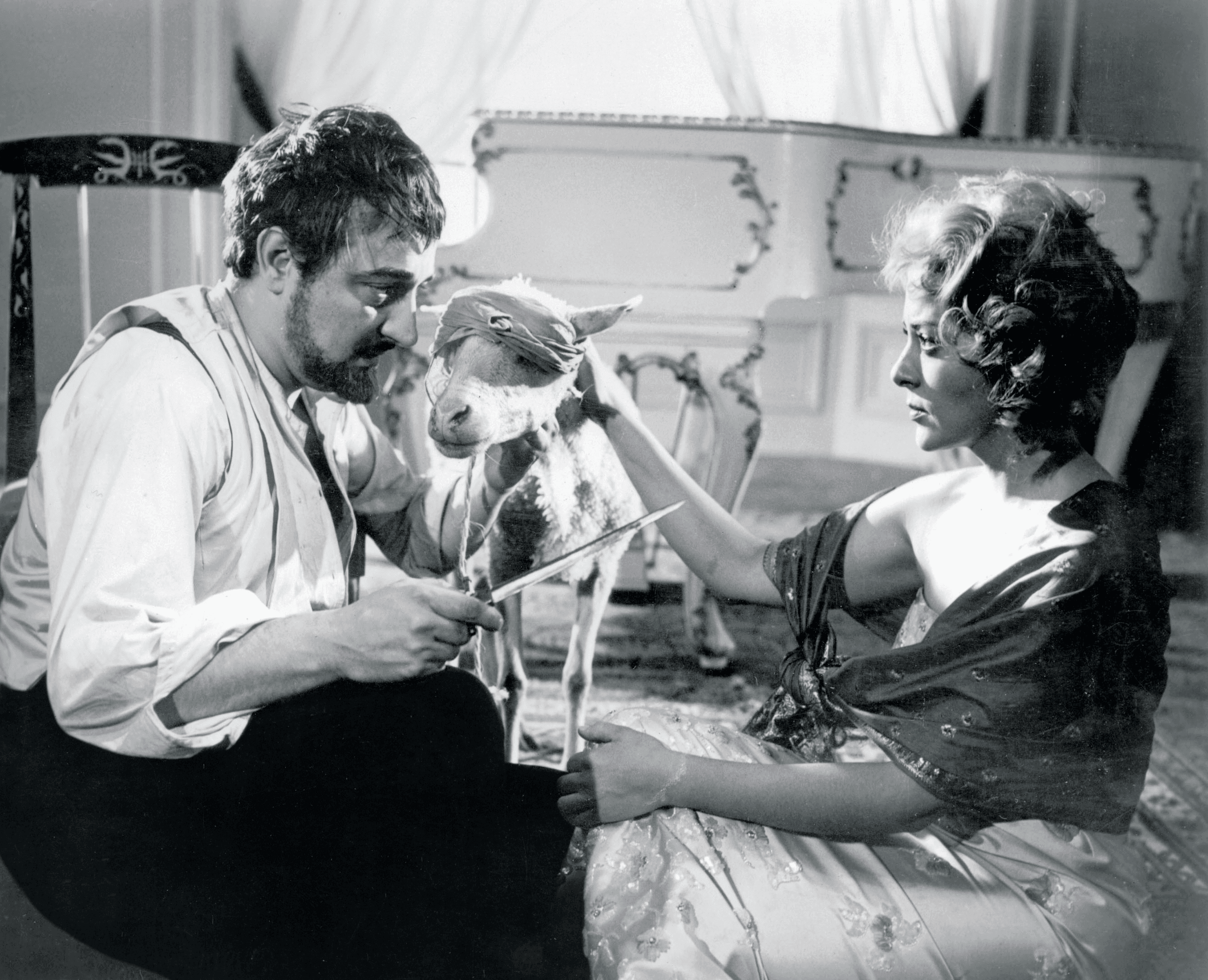
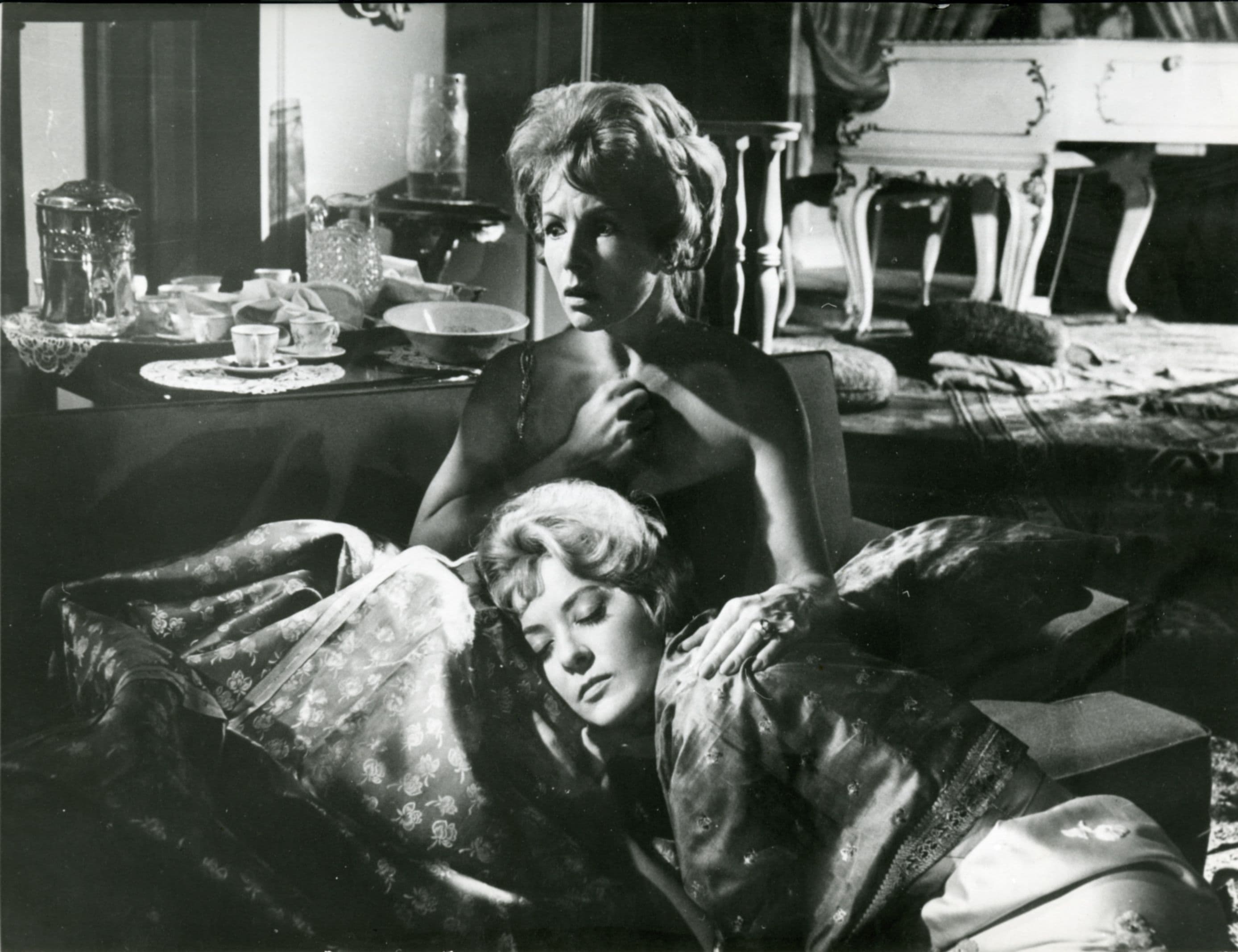
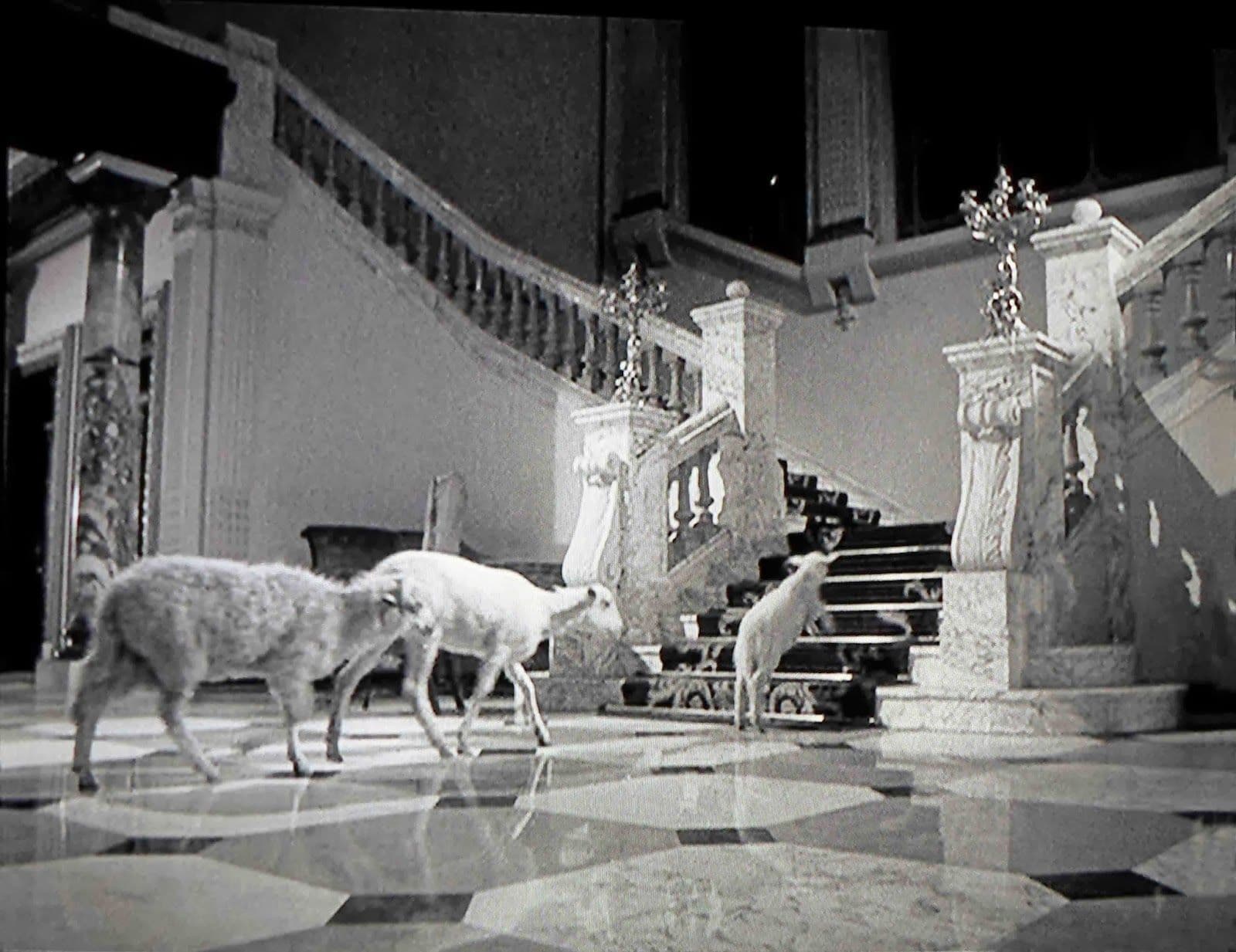
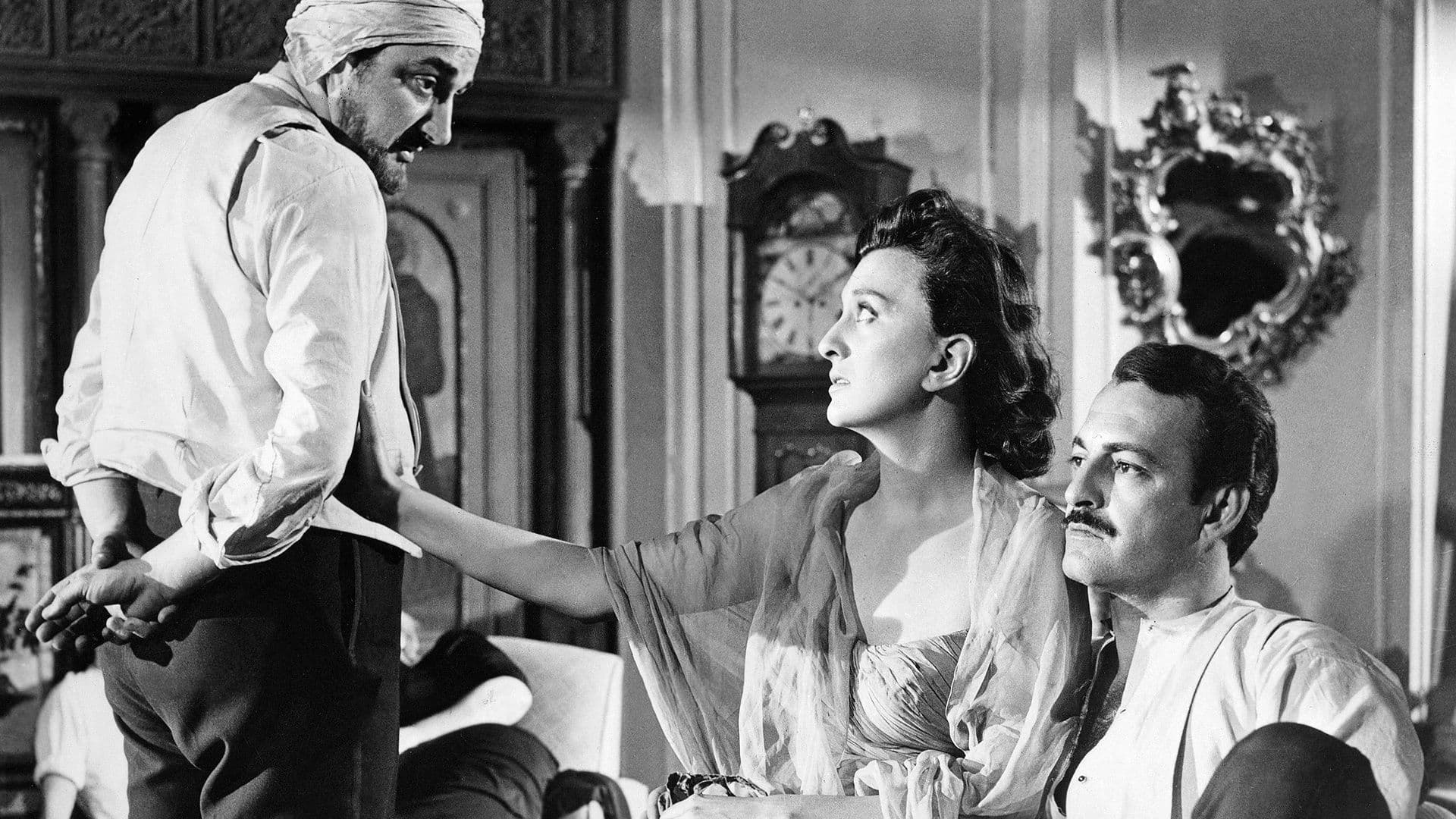
Featured Videos
Official Trailer
Comments
Loading comments...